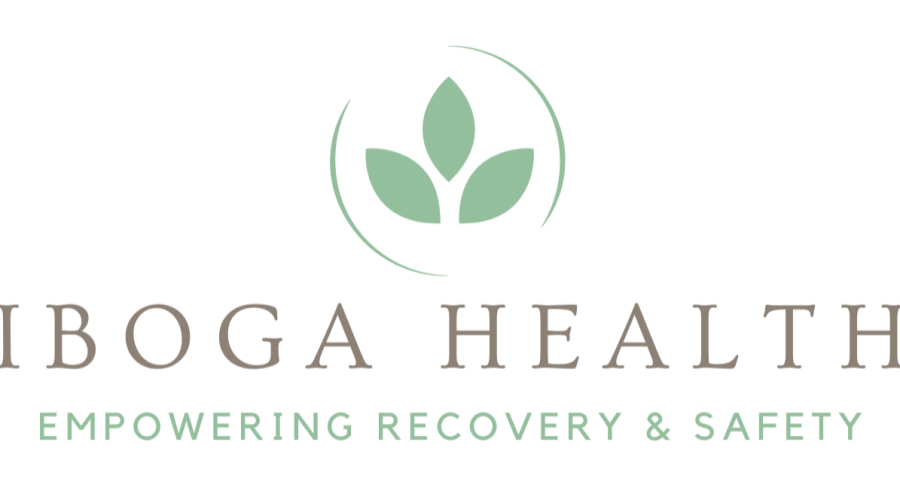The Hidden Dangers of Ibogaine Treatment: Why Medical Supervision Matters
Ibogaine, a powerful psychedelic plant product, has gained attention for its potential in treating mental health issues and addiction. However, its use outside a medically supervised environment can be fraught with risks. Despite claims of ACLS (Advanced Cardiovascular Life Support) certification, many clinics lack the necessary experience and equipment to ensure safe treatment.
Risks Associated with Ibogaine Treatment under improper supervision
- Cardiovascular Complications: Ibogaine can cause cardiac arrhythmias, hypertension, and even heart failure;
- Respiratory Depression: Ibogaine can slow breathing rates, potentially leading to respiratory failure;
- Seizures and Neurotoxicity; High doses or improper administration can cause seizures and permanent brain damage;
- Psychotic Episodes: Ibogaine can trigger psychotic episodes in individuals with underlying mental health conditions;
- Interactions with Medications: Ibogaine can interact with prescription medications, exacerbating health issues.
The Importance of Medical Supervision
To mitigate these risks, it is crucial to undergo ibogaine treatment in a medically supervised environment with:
- ACLS-certified staff: Experienced professionals trained to respond to cardiovascular emergencies, including paramedic personnel;
- On-site medical equipment: Defibrillators, oxygen supply, and emergency medications;
- Continuous monitoring: ECG, blood pressure, and oxygen saturation monitoring;
- On-site Psychologist:Experienced mental health professionals who understand this treatment.
Carlos Abraham Silva M.D., IM: A Pioneer in Ibogaine Treatment
Dr. Carlos Abraham Silva, an internal medicine specialist, has been at the forefront of Ibogaine treatment since early 2010. With over a decade of hands-on experience, Dr. Silva has:
- Treated over 3000 patients: Successfully administering ibogaine therapy, for mental health and addiction, .with zero fatalities;
- Developed proprietary protocols: Refining treatment methods to minimize risks and maximize efficacy – protocols that have been introduced to other Ibogaine clinics;
- Collaborated with researchers: Contributing to the understanding of Ibogaine’s therapeutic potential.
Beware of Unqualified Clinics
While many clinics claim to offer safe Ibogaine treatment, few have the necessary expertise and equipment. Be cautious of clinics that
- Lack transparency: Failing to disclose treatment protocols, risks, staff qualifications (including evidence of real ACLS certification), even physicians’ names;
- Overemphasize success rates: Making unrealistic promises or guarantees;
- Cut corners: Compromising safety to reduce costs;
- Deviate: Follow and endorse a protocol for administering Ibogaine that is inconsistent with other (reputable) clinics’ protocols.
Conclusion
Ibogaine treatment can be a valuable tool for mental health and addiction, but it requires a qualified medical team and proper facilities. Don’t risk your life by seeking treatment from unqualified clinics. Choose a reputable facility with experienced staff, like Dr. Silva’s clinic, to ensure a safe and effective treatment experience.
Sources:
- National Institute on Drug Abuse (NIDA)
- PubMed (National Library of Medicine)
- American Heart Association (AHA)
- Dr. Carlos Abraham Silva’s Clinic
- Multidisciplinary Association for Psychedelic Studies (MAPS)
Disclaimer: This article is for informational purposes only and should not be considered medical advice. Ibogaine treatment should only be undertaken with the guidance of a qualified medical professional.


